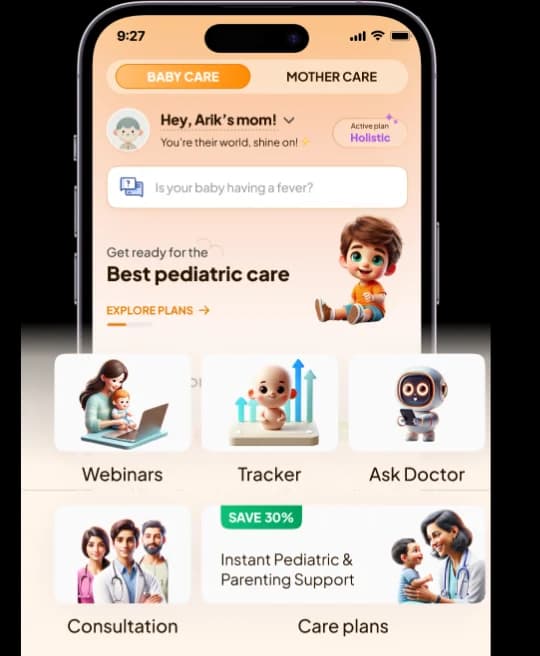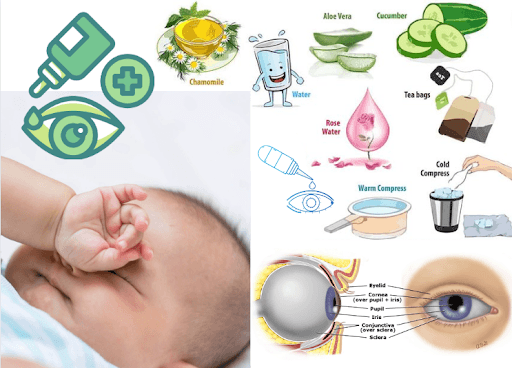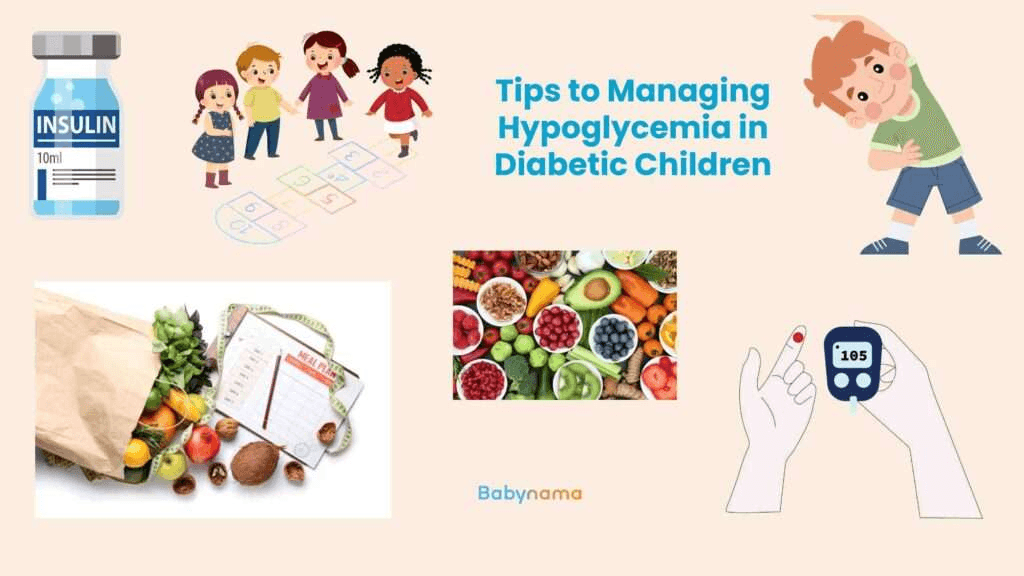
ADHD in Children - Why Does a Child's ADHD Diet and Early Diagnosis Matter?
Did you know attention deficit hyperactivity disorder (ADHD) is a common neurodevelopmental disorder in children?
It is normal for children to forget their homework, daydream during class, act rashly, or tremble at the dinner table.
Is this early physical behavior or ADHD?
It can be difficult to tell the difference between ADHD and normal "kid behavior." If you only notice a few symptoms, or if the symptoms appear only in certain situations, it's likely that you don't have ADHD. Keep reading to learn more.
Children with attention-deficit/hyperactivity disorder (ADHD)
ADHD (attention-deficit/hyperactivity disorder) is a chronic condition that affects millions of children and often persists into adulthood. ADHD can have an impact on a child's school life, home life, and friendships.
ADHD risk factors:
- Blood relatives with ADHD or another mental health disorder
- Exposure to environmental toxins like lead
- Maternal drug use, alcohol consumption, or smoking during pregnancy
- Premature childbirth
Debunking the sugar myth link to ADHD:
- No reliable evidence links sugar to hyperactivity or ADHD
- Difficulty sustaining attention can stem from various childhood issues, but it's not equivalent to ADHD.
Is ADHD a disability?
ADHD is not a learning disability, but a neurological condition. Although it is not a disability, it can have long-term effects.
Causes of ADHD in Children:
- ADHD is mostly inherited, and children are more likely to develop it if they were born prematurely, exposed to environmental toxins, or had mothers who used drugs while pregnant.






